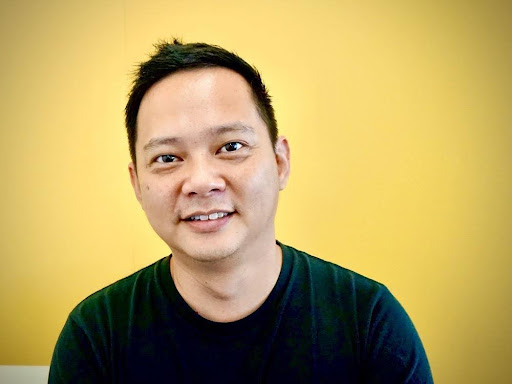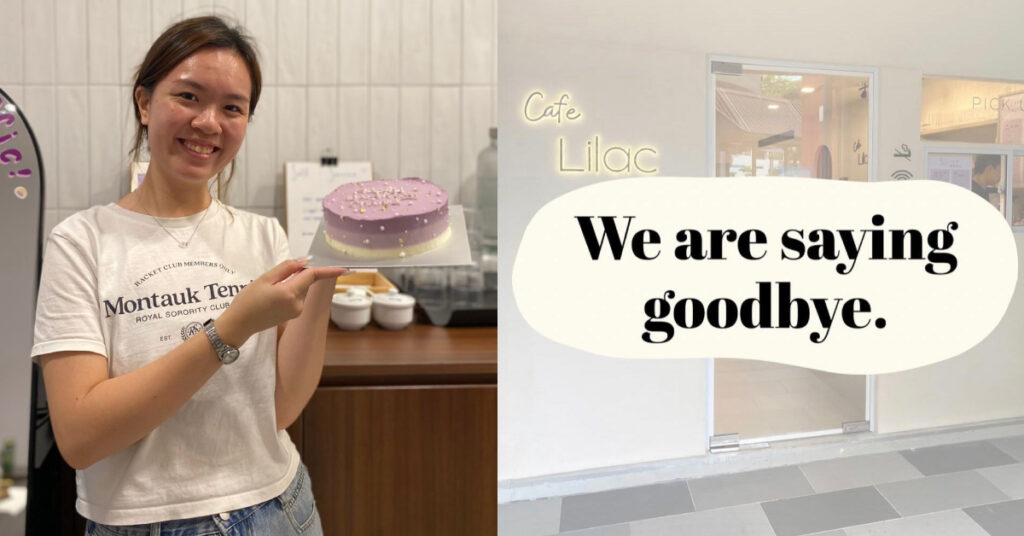This article is sponsored and written by MOGUL.sg
AI has been the dominating theme in tech in 2023, few will dispute that. There has been a broad mainstream adoption of Generative AI tools, especially in the work space. At the same time we saw how researchers in dedicated fields like cybersecurity or drug discovery have made great strides. And there are many more examples.
Big tech is now pouring billions into the development of new chips and data centre capacities. Goldman Sachs forecasts AI investments to grow to $200 billion annually by 2025. AI unicorns, such as cloud software firm Databricks ($43 billion), autonomous driving startup Cruise ($30 billion) and OpenAI ($29 billion), have boosted their valuations over the past months, according to Crunchbase.
The hype should also benefit the local startup scene that has more room to grow. Singapore’s government has pledged more support and just announced that it aims to triple the number of AI professionals to 15,000. Finding the right talent had been a challenge for Gerald Sim, CEO and founder of Thanit Apipatana-backed real estate mapping startup MOGUL.sg.
Introducing a new way of working

Sim founded MOGUL.sg in 2018 out of Singapore Land Authority’s incubator Geoworks and his friend, venture investor Thanit Apipatana, became his first investor. Apipatana is also a close advisor since the early days.
The AI initiative is definitely going in the right direction. AI does not put people out of jobs; it creates new requirements for the labour force that needs to be equipped and ready for this.
Gerald Sim, CEO and founder of MOGUL.sg
AI is promising enormous productivity gains and is therefore causing some anxiety on whether certain job roles might become redundant. At the AI-native MOGUL.sg, teams use tools like ChatGPT and Google Bard to crunch large amounts of data and to generate scripts that before took many hours to produce. Creatives utilise natural language components that support copywriting, while the accounting department is able to generate cleaner looking spreadsheets.
MOGUL.sg is currently working on improving its platform and models with additional geospatial data. “The core of all generative AI is its ability to understand and respond to linguistic inputs,” Sim says. “We are now working to feed these models with all the data points we have, so that the Gen AI can give more in depth geospatial answers.”
The firm plans to roll out new features early next year that aims to change how real estate transactions are conducted. MOGUL.sg’s ambition is to provide all the answers around a deal on a 3D map that is displaying data on the property and its surroundings. Visitors can navigate the map on their devices and zoom into individual buildings to catch details. That should make the buying and selling more intuitive and streamlined.
As computer power becomes more affordable and the ability to store and mine vast amounts of data increasingly accessible for startups, we can expect more innovation across industries in the years to come. This will make us overall more productive, but it will at the same time also open up new job perspectives.
Featured Image Credit: MOGUL.sg










